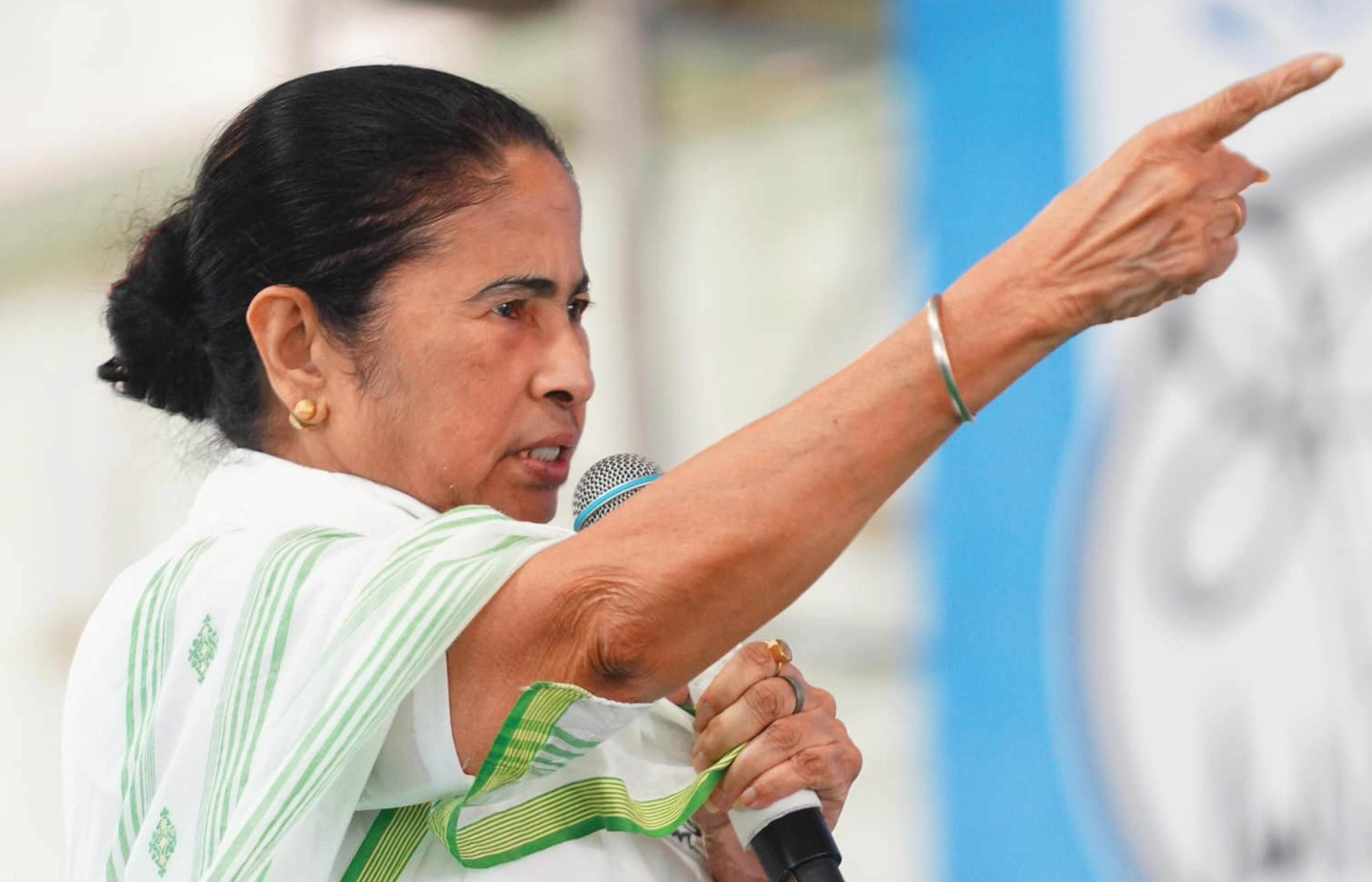
Muslim Reservation : In a landmark judgement, the Calcutta High Court has cancelled Other Backward Classes (OBC) certificates given to 77 groups by the Left and Trinamool governments between 2010 and 2012, giving a jolt to Mamata Banerjee's government in West Bengal. A division bench of Justices Tapabrata Chakraborty and Rajasekhar Mantha of the High Court said, “The West Bengal Backward Classes Commission and the state government have made religion the basis for reservation, which is against the Constitution and the order given by the court.”
When and how was the reservation given?
The first Left government added 66 communities to the OBCs between 1994 and 2006, of which 12 were Muslims. Then in 2010, 42 categories were added to the OBCs, of which 41 were Muslim categories. Apart from this, 10 percent reservation was given to Muslims in government jobs in February 2010. After CM Mamata Banerjee's government came to power in 2011, another set of 35 new categories were added to the OBCs in an executive order, of which 34 were Muslim. Thus the Left and Trinamool government added 77 new categories to the OBCs in two years, of which a total of 75 were Muslim categories.
The Mamata government enacted the 'West Bengal Backward Classes Act' 2012 and divided 108 OBC castes (earlier 66 and 42 new) into A and B categories, including 56 in OBC A (more backward) and 52 in OBC B (backward).
This reservation was challenged in the court
In 2011, a man named Amal Chandra Das first filed a petition in the court against the reservation given by the then Left government. He questioned the reservation given to 42 categories on the basis of religion and said that the classification for reservation was not based on any standard data and the survey conducted by the State Backward Classes Commission was not scientific but fake.
The court remarked after the application
Meanwhile, the court in its order said that the West Bengal government has placed “over-reliance” on the 2006 Sachar Committee report to grant reservation but the state government has relied on the Sachar Committee report to justify it. No constitutional sanction can be relied upon to justify the backwardness of Muslims and their inclusion in the OBC category. Religion appears to be the only criterion for declaring these communities as OBCs and the mind of the court is not free from the suspicion that the said community is being treated as an object for political purposes.'
Questions raised on the functioning of State Backward Classes Commission
The court said that the State Backward Classes Commission has acted in great haste. In 2010, the then Chief Minister had announced reservation for Muslims. After this, the State Backward Classes Commission worked at 'lightning speed'. Meanwhile, a detailed survey was also not conducted, for which the Commission's laxity is also responsible. The report of the State Backward Classes Commission has been prepared to show that it has not given any religion-specific reservation, but the Commission's report is not in accordance with the constitutional value of fair and secular reservation.
Basis of the Supreme Court case 'Indira Sawhney vs Union of India'
Meanwhile, the Calcutta High Court, citing the Supreme Court's decision in the 1992 case 'Indira Sahni vs. Government of India', said, 'OBCs cannot be identified and given reservation on the basis of religion alone.' After this, the High Court said in its order that the Backward Classes Welfare Department should prepare a new report in consultation with the State Backward Classes Commission and prepare a detailed list of who will be included in the Other Backward Classes and who will be excluded. This report should be presented in the Assembly.
 look news india
look news india